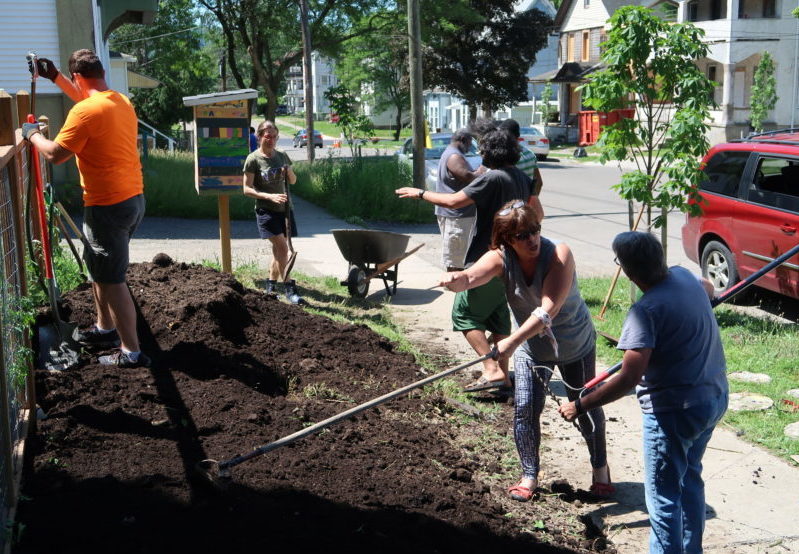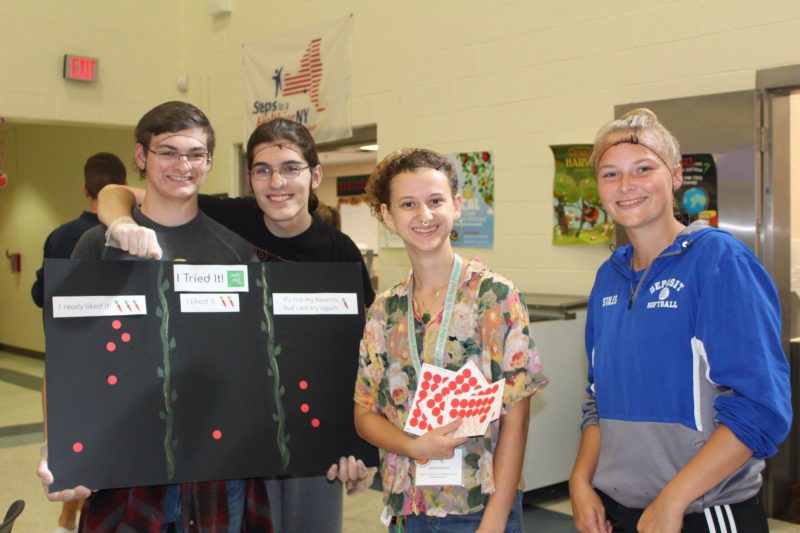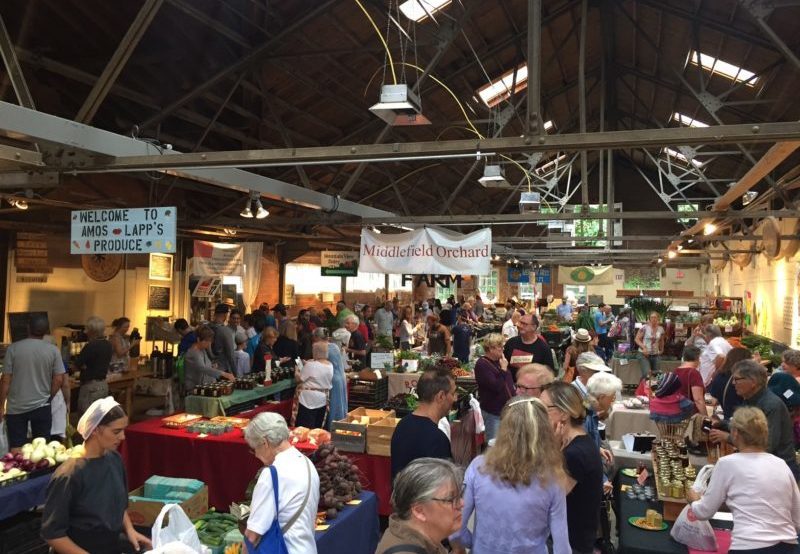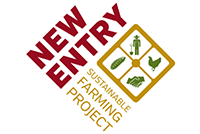Regional & Community Food Systems
Program Details
Our Community Food Program collaborates with partner organizations on developing community-based food systems centered around enhancing the economy, environment, health and social fabric of a particular place. Each community in South Central New York is unique and contributes to the overall regional food system. We can provide technical assistance and development support on a wide-range of community food projects including; community supported agriculture (CSA), farmers’ markets, community and school gardens, farm to institution, anti-hunger task forces, and summer meals programs.
What are Community Food Systems?
A community food system integrates sustainable food production, processing, distribution, consumption, waste management and creates opportunities to access local foods at the places we live, work, learn and play. Most importantly building community food systems means engaging residents most impacted by current inequities in the creation of new, more community oriented, self-reliant food economies.
How do we do it?
Technical Assistance & Planning
The Food and Health Network provides programming support and development, communications, and project coordination for community food projects located throughout South Central New York. Projects can range from community supported agriculture (CSA), farmers’ markets, community and school gardens, farm to institution, anti-hunger task forces, and summer meals programs.
Food & Health Volunteer Corps
The Food & Health Volunteer Corps connects interested volunteers to community food projects working to increase access to healthy food in the region. The program is supported by a Volunteer Generation Fund grant through the New York State Office of Children and Family Services. Partners include: Otsego 2000/Cooperstown Farmers’ Market, Tioga Opportunities, Inc. and VINES: Volunteers Improving Neighborhood Environments.
Community Cafes
We provide support to community groups and organizations interested in hosting community discussions centered around food insecurity and access, ensuring diverse representation in the local food system, and connecting people to local food assets. Community Cafes typically last around two hours and encourage audience engagement and feedback.
Poverty Simulations
The poverty simulation experience is designed to help participants begin to understand what it might be like to live in a typical low-income family trying to survive from month to month. The simulations are based on the Community Action Poverty Simulation toolkit and implemented by the Food and Health Network along with other Rural Health Network staff, AmeriCorps members, and volunteers. We specialize in simulations with a rural focus and an emphasis on the difficulties of food access.
If you are interested in learning more or have questions about our Community Food Program contact Erin Summerlee, Food and Health Network Director at esummerlee@rhnscny.org.



Current Food & Health Volunteer Corps Projects
Tioga School District Tiger Farm & Harvest Celebration: The Tiger Farm is a living learning lab where students apply classroom lessons and learn where food comes from. Volunteers work on the planning, preparation, and implementation of the annual Harvest Celebration at Tioga School District.
VINES Farm Share: VINES Farm Share brings healthy, fresh food directly to Broome County Neighborhoods. Volunteers aid in the distribution of produce boxes at Farm Share pick up sites and provide food and nutrition education to members.
VINES Urban Farm Expansion: Started in 2010, The Binghamton Urban Farm provides healthy, affordable food to local residents and combats the pervasiveness of urban blight in the downtown region. Produce from the Urban Farm is distributed through Farm Share and through the CHOW Fresh Markets – mobile, low/no cost produce and grocery markets serving urban and rural Broome County. Volunteers assist with the sustainability, expansion, and production of VINES’ Urban Farm through planning, construction, planting, harvesting, and maintenance.
Cooperstown Farmers’ Market SNAP Outreach: Founded in 1991 by Otsego 2000, the Cooperstown Farmers’ Market serves as an outlet for local farmers and producers. Volunteers help in the creation and distribution of outreach materials and provide education on available resources, including SNAP and matching programs at the farmers’ market.
Farm to School Volunteer Project: The Southern Tier Farm to School Program works with school districts to increase the use of local food in school meals, integrate food and agriculture education in the cafeteria, classroom, and community, and empower students through involvement in their local food system. Student and community volunteers help support the program by conducting taste tests of local foods, performing tray waste studies in school cafeterias, and assisting with school garden maintenance.
Interested in getting involved with one of the projects currently supported by the Food & Health Volunteer Corps? Please contact Erin Summerlee, Food and Health Network Director at esummerlee@rhnscny.org




